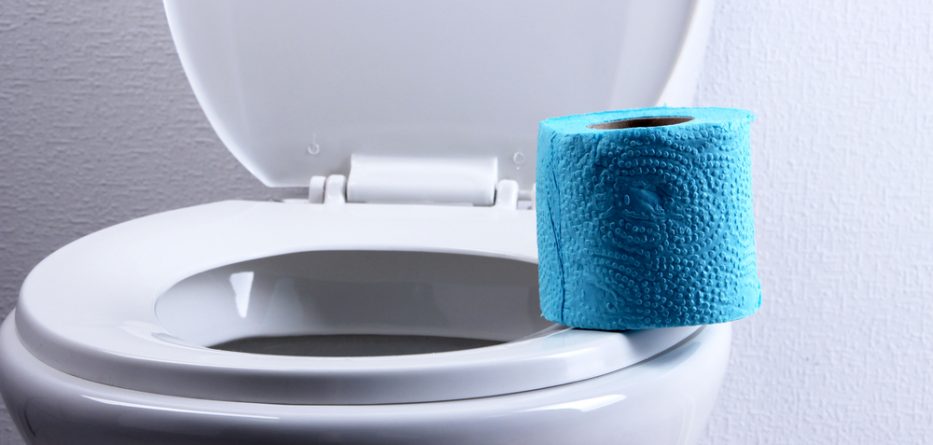One of the most common side effects of taking medications is constipation. There are different ways you can combat opiate constipation. It may require some lifestyle changes, such as changes in diet, but this alone might not be enough. In these cases, there are medications you can take to help deal with your constipation.
There are multiple medications that can help with -related constipation, such as drugs specifically designed for this. You can also try using a different , as some s cause less of a constipation effect than others. In most cases, though, the first recommended option is a laxative or stool softener.
Laxatives and stool softeners are a common recommendation by doctors for opiate constipation because they are the same medications that would be used for any form of constipation.
Stool softeners, as the name implies, help to soften your stool. They make hardened, dry waste easier to pass through and out of your body. Then, laxatives work to help move those loosened stools out of your bowel.
Many laxatives and stool softeners do not require a prescription. They can be bought as over the counter medications. However, it is important that you know what you are doing and that you find the right one for you. You should speak to your doctor or a healthcare professional, such as a pharmacist, to find out which laxative and/or stool softener will work best for you. They can also inform you on how long you will need to take them for.
Most laxatives and stool softeners start to work after a few hours or a couple of days.
There are also rectal suppositories. These are laxatives that you put inside your bottom. The rectal suppository will then dissolve and your body will be able to absorb the laxative elements. This is less recommended, as it is quite uncomfortable.
Featured image: belchonock via DepositPhotos




